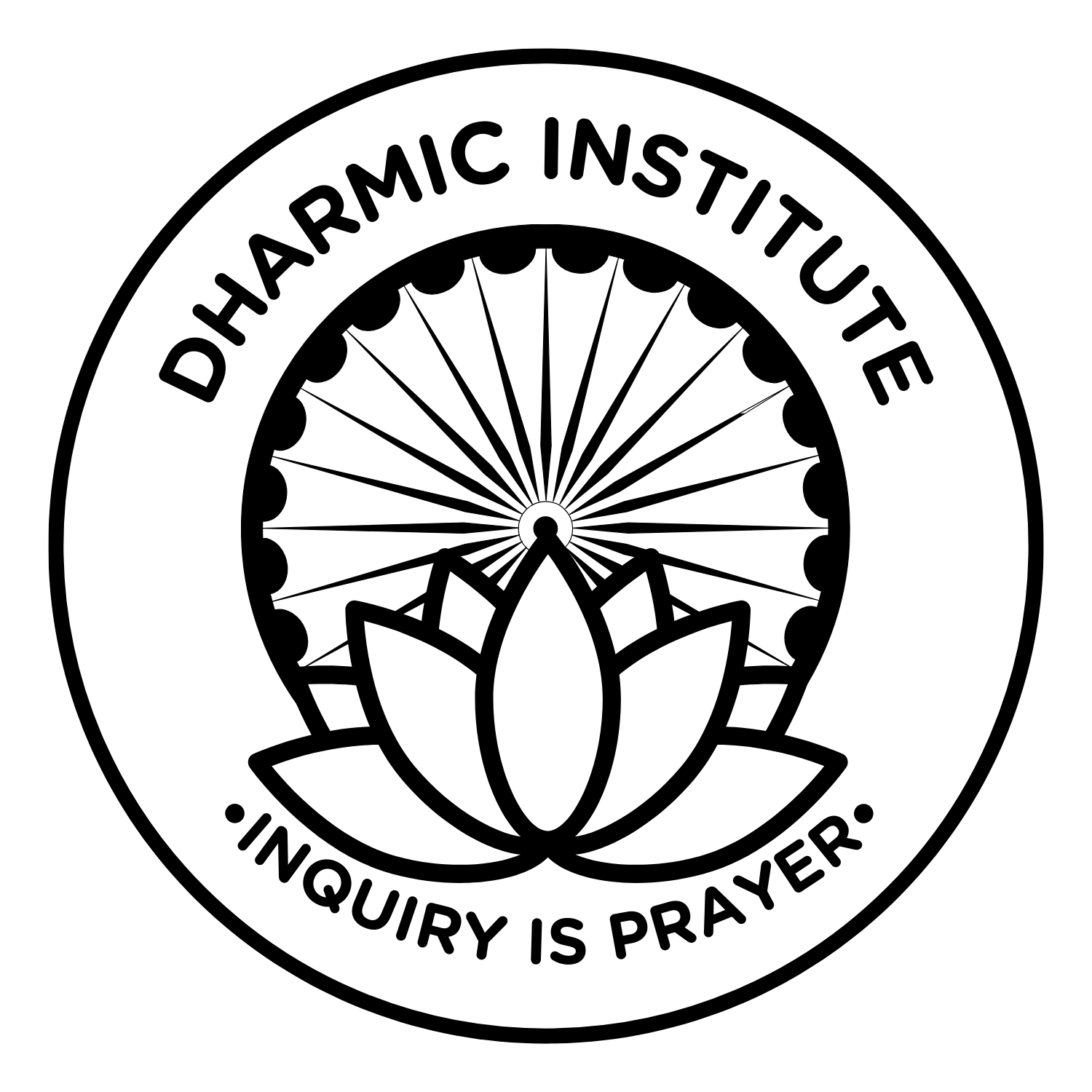Happy Diwali!
Divālī commemorates Lord Rāma’s return to Ayodhyā after his long exile, symbolising the triumph of good over evil and the restoration of peace and dharma. Before embarking on exile, Rāma has a significant conversation with his brother Lakṣmaṇa.
धर्मो हि परमो लोके धर्मे सत्यं प्रतिष्ठितम्।
dharmo hi paramo loke dharme satyaṁ pratiṣṭhitam
धर्मसंश्रितमेतच्च पितुर्वचनमुत्तमम्॥
dharmasaṁśritametacca piturvacanamuttamam
“Dharma is supreme in this world and truth is established in dharma. My father’s utmost words are rooted in dharma.”
– Vālmīki Rāmāyaṇa 2.21.40 –
Lakṣmaṇa urges him to defy the unjust exile imposed by their father, but Rāma responds by affirming that his actions are bound by dharma—his duty to honour his father’s promise to Queen Kaikeyī. Rāma’s steadfast commitment to dharma, even at great personal cost, serves as a profound reminder of the principles that sustain truth and righteousness.
Dharma and Rāma’s Commitment
In this verse, spoken to Lakṣmaṇa, Rāma explains that accepting his exile is not a matter of personal choice but a reflection of his unwavering commitment to dharma. His father’s words, given as a promise to Queen Kaikeyī, represent a moral duty that transcends personal desires.
For Rāma, upholding dharma means adhering to his father’s command, even when it demands immense personal sacrifice. This commitment ensures that truth (satya) and justice prevail, reinforcing the idea that dharma is the foundation of all righteous actions.
The Philosophical Essence of Dharma
Rāma’s assertion that truth rests upon dharma highlights a profound philosophical insight: righteousness is the force that sustains truth and order in the world. Without dharma, truth cannot thrive.
By choosing duty over personal desires, Rāma aligns himself with the cosmic order of dharma. His decision to honour his father’s command, despite the injustice it brings him, reflects the universal law that governs existence. Dharma, in this way, becomes the guiding force not only for personal conduct but also for ensuring harmony in society.
Reflecting on Divālī
As we light lamps this Divālī, let us reflect on how we can live by the principles of dharma, just as Rāma did before embarking on his exile. The light of Divālī symbolises the triumph of truth and righteousness over ignorance and evil, much like dharma guides us in our moral decisions.
Rāma’s example encourages us to align our actions with dharma, understanding that even when faced with challenges, righteousness must prevail. This Divālī, may the light of dharma guide us to act with integrity, ensuring that our lives are rooted in truth and harmony.
